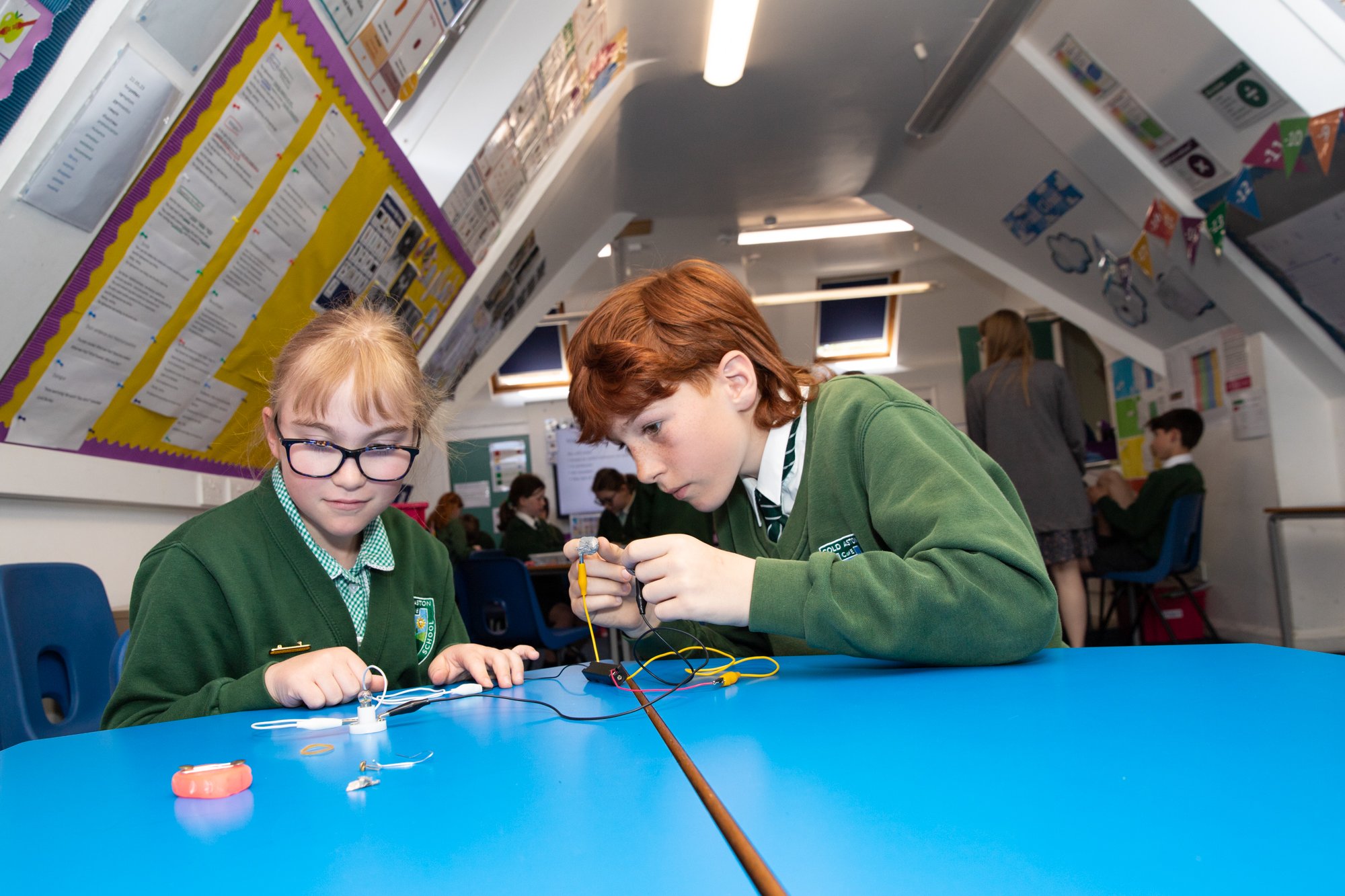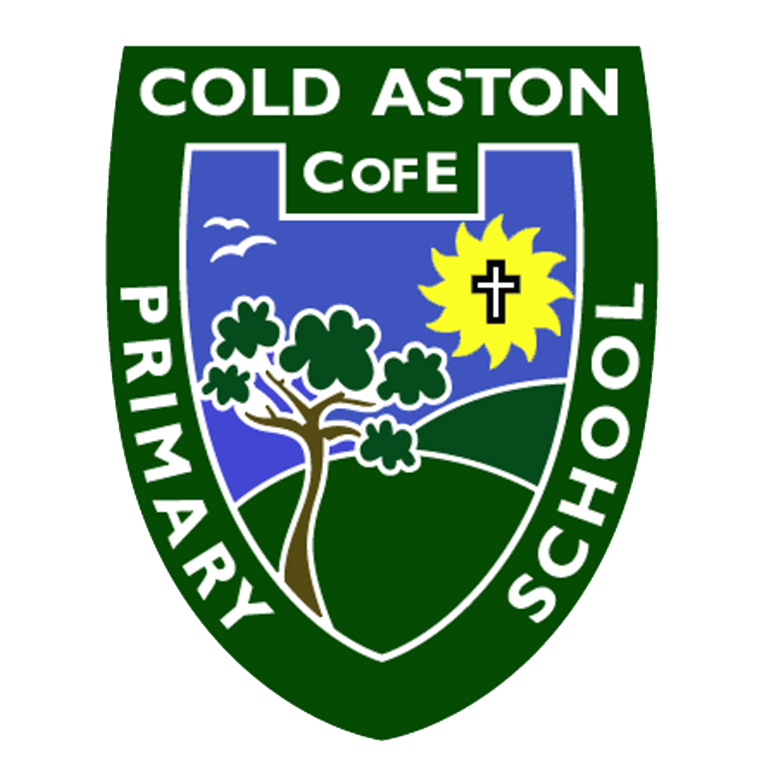
Science
Science is taught weekly using the National Curriculum objectives and ‘working scientifically’ objectives. Each of our science units has a question that the children explore and answer through their learning and investigations. Our Skills progression documents set out our learning for each class and how these skills are built upon each year.
In EYFS, the children’s learning is based on the Early Years Foundation Stage Profile supported by Development Matters objectives. Children in EYFS are taught scientific concepts through their Understanding the World lessons.
Respect - We inspire the children to have confidence to utilise their science knowledge and skills, to ask and answer their own questions about the world around them. By nurturing their enquiring minds, we encourage questioning and appreciation and respect of natural phenomena. Our hope is that building science capital will have a positive effect on our children’s lives as a tool for social justice, to help improve their life chances.
Resilience- All children experience a broad and rich science curriculum, including visits and external speakers. As teachers, we motivate all children to flourish as scientists and global citizens. We inspire children to develop a love of learning, to be ambitious and confident about science. Our close relationship with local secondary schools and outreach activities enhances the transition from our small village schools, enabling all pupils to flourish.
Responsible - Due to our geographical surroundings the children have opportunities to learn, play and explore our outside grounds, developing admiration and reverence for the world around them. Children are encouraged to show responsibility towards the environment on a local and global scale. During their school career children learn that resources are to be protected and respected by all who use them.
Science Purpose of Study
A high-quality science education provides the foundations for understanding the world through the specific disciplines of biology, chemistry and physics. Science has changed our lives and is vital to the world’s future prosperity, and all pupils should be taught essential aspects of the knowledge, methods, processes and uses of science. Through building up a body of key foundational knowledge and concepts, pupils should be encouraged to recognise the power of rational explanation and develop a sense of excitement and curiosity about natural phenomena. They should be encouraged to understand how science can be used to explain what is occurring, predict how things will behave, and analyse causes. - The National Curriculum

